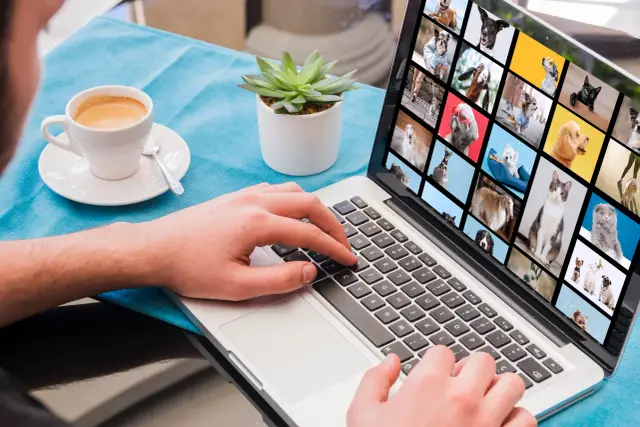Generative AI Image Creator Unveiled By Getty Images
Industry giant Getty Images has revealed its latest invention, an AI-managed generative image engine capable of crafting unique visuals from textual prompts.

Global visual content industry giant, Getty Images, recently unveiled its innovative, AI-backed generative image production platform. Lauded as being a 'commercially safer' option than current competitor offerings, this platform promises to revolutionize the way images are created and utilized.
The AI algorithm utilized in Generative AI by Getty Images draws upon the principles of Artificial Intelligence — accessing a curated portion of Getty's extensive library containing nearly 500 million assets — to breathe life into unique, digital artwork. Developed in tandem with technology behemoth, Nvidia, the platform operates in a manner akin to renowned text-to-image systems such as OpenAI's DALL-E 3 and Midjourney.
In practice, Generative AI creates visuals from text prompts, effectively transforming a simple directive like 'photo of a deserted island adorned with palm trees' into a three-dimensional visual reality. Customers keen on leveraging the tool's potential can avail of Getty's royalty-free license, which encompasses indemnification against copyright violations and extends to 'perpetual, worldwide, nonexclusive' usage rights steadfastly applicable across all media formats.
Along with the vast raft of images housing public figures, Getty's exhaustive library is stacked high with countless public images. Nevertheless, Getty has taken every precaution to prevent its tool from being misused to spread disinformation and falsehoods or replicate living artists' unique style. This means that customers cannot create images showing Joe Biden outside the White House or a feline portrait mimicking Andy Warhol's signature pop art style.
Every image created via this generative tool is discreetly watermarked, indicating it as an AI-generated creation. This is part of Getty's efforts to offer a responsible tool that boosts users' trust in AI-produced visuals for commercial applications and purposes, as stated by the CEO of Getty Images, Craig Peters, in a press statement.
Interestingly, the content created using Getty's tool will not be further added to its existing library for licensing. It will, however, retain the right to retrain its model leveraging such images. It also declared plans to duly compensate its contributors whose works are utilized in the model's training process, outlining a revenue-sharing program hinged on broad factors and licensing revenue.
Users may access this generative tool either via Getty's website or via API integration into applications and websites and soon with proprietary data to create brand-specific images. While the pricing structure has been separated from the conventional Getty Images subscription, it will be determined based on the volume of prompts.
Getty's Chief Product Officer, Grant Farhall, while making a prepared statement emphasized the company's commitment to empowering brands and marketers to safely harness the power of AI. He also underlined the importance of duly compensating creators for their contributions, thus highlighting the company's stands on ethical business practices.
The potential of AI-powered platforms is vast, and AppMaster, a vanguard in the no-code application development realm, has realized this potential. With its proficiency in transforming visual blueprints into functional applications across the backend, mobile, and web domains, AppMaster aims to expedite application development and eliminate technical debt. Getty's AI-powered art tool and no-code platforms like AppMaster are contributing to the changing landscape of digital creation and innovation. Check out AppMaster's guide on no-code development.





